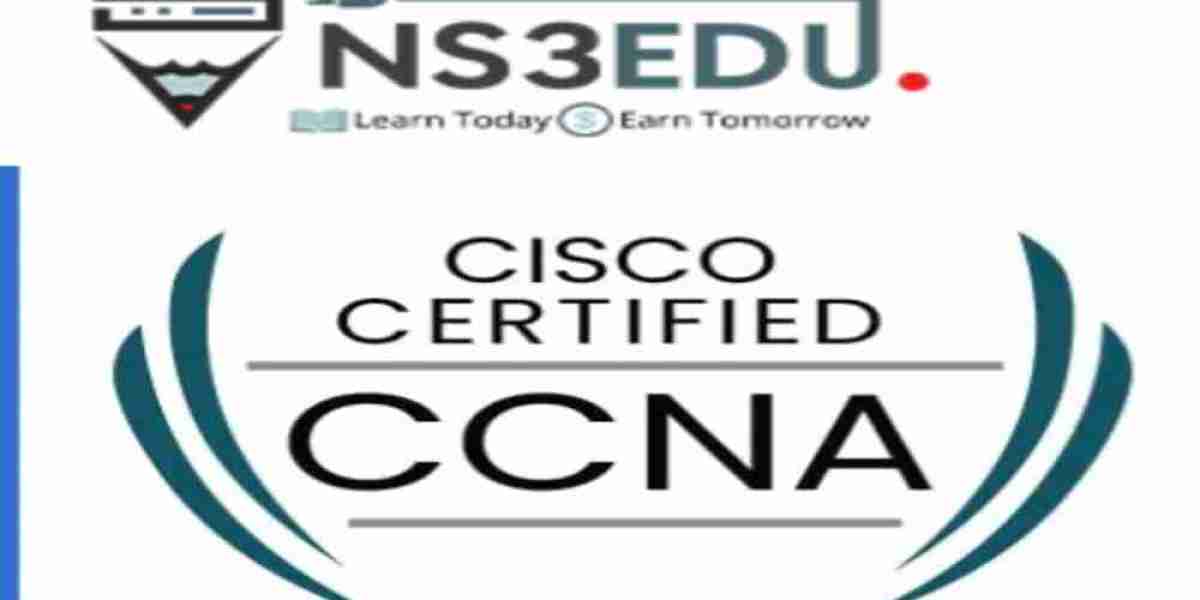In the digital age, where the pursuit of knowledge intertwines with the demands of academic success, a contentious practice has emerged – writing essays for money. This phenomenon raises a myriad of ethical questions, challenging our perceptions of academic integrity, professional ethics, and the commodification of education.
At first glance, the idea of writing essays for monetary compensation may seem straightforward – an exchange of services akin to any other profession. However, delving deeper reveals a complex web of moral dilemmas and ethical considerations.
One of the primary concerns surrounding this practice is academic integrity. Education institutions are founded upon principles of honesty, integrity, and the pursuit of knowledge. When students opt to pay for essays rather than engaging in the academic process themselves, they undermine these fundamental principles. It compromises the authenticity of their education and devalues the qualifications they earn.
Furthermore, the act of outsourcing essays for financial gain can lead to an imbalance of academic achievements. Students who choose to write their essays independently may find themselves competing against peers who rely on purchased work, skewing the perceived merits of their accomplishments. This raises questions about fairness and the equitable distribution of opportunities within educational systems at Myassignmenthelp.com
However, the ethical nuances extend beyond the actions of students to encompass the writers themselves. Those who offer their services in exchange for monetary compensation often face their own ethical quandaries. While some view it as a legitimate form of employment, others grapple with the moral implications of facilitating academic dishonesty. They must navigate the fine line between earning a livelihood and upholding the principles of academic integrity.
Moreover, the commodification of education plays a significant role in shaping this debate. As the cost of higher education continues to rise, students may feel pressured to prioritize academic outcomes over the learning process itself. In such a climate, the temptation to seek external assistance, including purchasing essays, becomes more pronounced. This highlights broader issues of accessibility and affordability within the education system, where financial constraints can influence academic decisions.
Nevertheless, it is essential to recognize that the motivations behind writing essays for money are multifaceted. For some, it may be a means of financial support in the face of economic hardships. Others may be driven by a passion for writing and see it as a legitimate avenue for monetizing their skills. Understanding these motivations adds layers of complexity to the ethical discourse surrounding this practice.
In addressing the ethical implications of writing essays for money, it is crucial to consider potential solutions that balance the competing interests at play. Education institutions can take proactive measures to promote academic integrity through robust plagiarism detection systems and educational initiatives on ethical writing practices. Additionally, fostering a supportive environment where students feel empowered to seek academic assistance without resorting to unethical means can mitigate the demand for purchased essays.
Furthermore, efforts to address the underlying issues of accessibility and affordability in education can help alleviate the financial pressures that drive students towards purchasing essays. This may involve implementing policies that reduce the financial burden of higher education, such as scholarships, grants, and subsidized tuition fees.
From the perspective of writers, ethical guidelines and professional standards can help navigate the moral complexities of offering essay writing services. Establishing clear boundaries and ethical frameworks can ensure that writers uphold principles of academic integrity while still earning a livelihood from their skills.
In conclusion, the practice of writing essays for money raises profound ethical questions that intersect with issues of academic integrity, professionalism, and the commodification of education. As we navigate this complex landscape, it is essential to consider the perspectives of all stakeholders involved – students, writers, and educational institutions – and work towards solutions that uphold the principles of honesty, fairness, and integrity within the academic sphere. Only through collective efforts can we foster an educational environment where the pursuit of knowledge is valued above all else.








